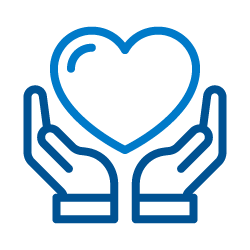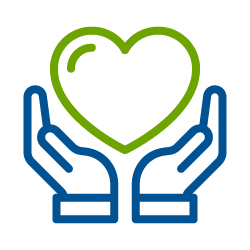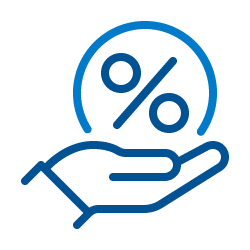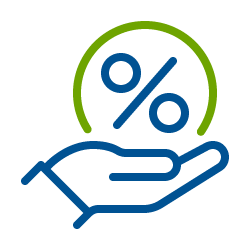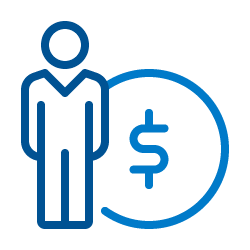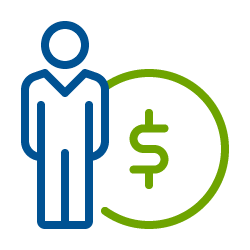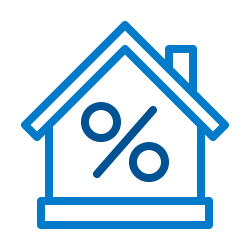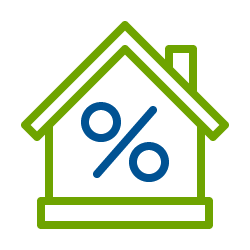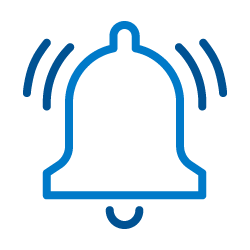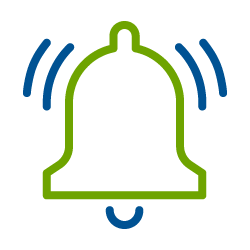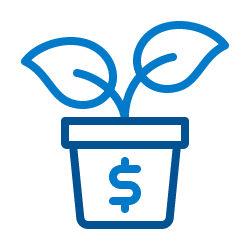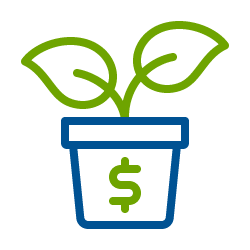What Does “Refinancing and Consolidating Your Debts” Mean?
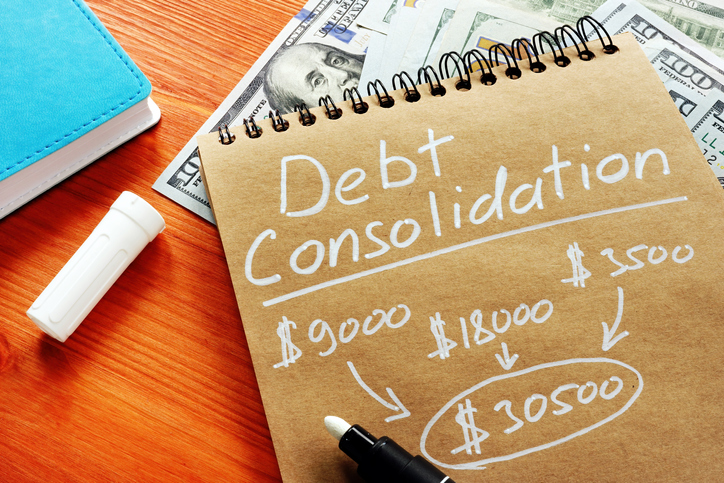
Using home equity to reduce your payments
Some folks with high consumer debt—loans for things like cars, clothes, vacations, etc.—may also have equity in their homes. It might make sense for such people to use the equity in their homes to consolidate their high-interest loans for low-interest, secured home equity loans. That means that they use a home equity loan to pay off their other debts and then make payments toward that one loan. The result could be lower monthly payments. So, consolidating your consumer loans by refinancing your home, or taking a home equity loan, could save you money and improve your cash flow.
Refinancing/consolidating tips
When refinancing or consolidating (combining) loans, consider the following:
- Do not combine lower-interest-rate loans into a higher-interest-rate consolidation loan.
- Be careful about consolidating short-term loans into longer-term loans, because this increases the costs in the long term. If you are consolidating short-term loans into a longer-term loan to improve current cash flow, accelerate payments as soon as you can on the longer loan to mitigate the additional cost.
- Refinancing and consolidating loans usually have additional costs, which may not make them worth the costs.
- Refinancing and loan consolidation may be ways to reduce your monthly debt payments, leaving you adequate cash flow to meet your necessary expenses. They may also provide you enough slack to resume savings.
Another approach
There are those who take a different approach to their debts. Instead of consolidating them, they pay off certain ones first, and then apply the payments that would have gone to those debts to the other ones. This can provide a feeling of accomplishment that motivates them to continue paying down debts.
All of this information is from our trusty resource Financial Fitness!

